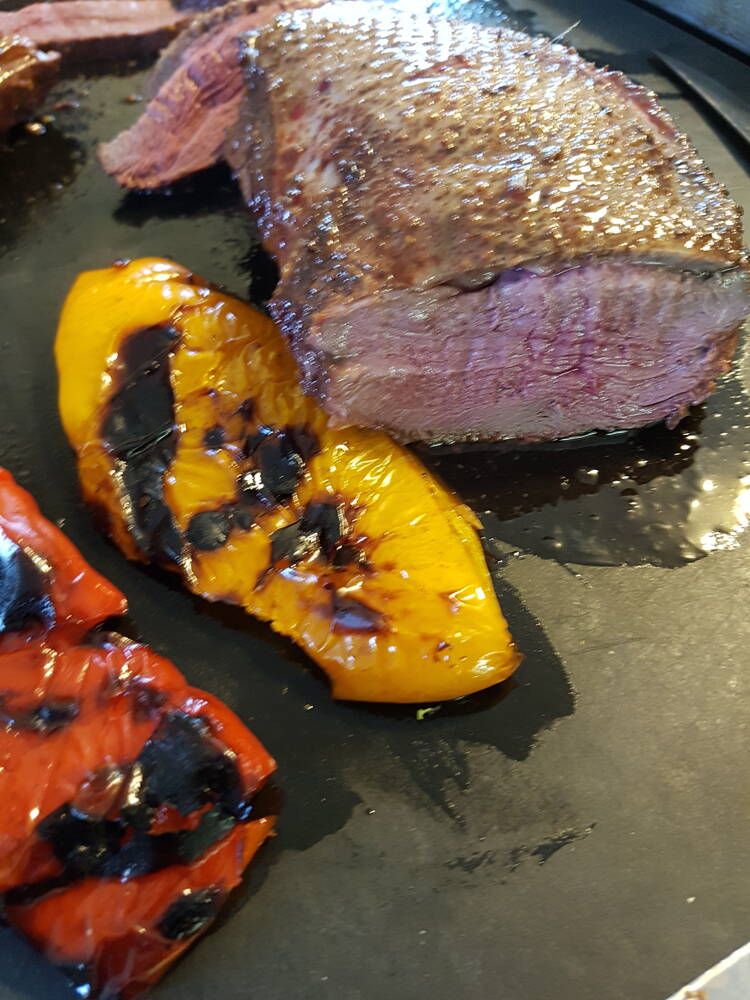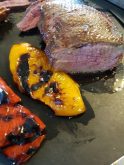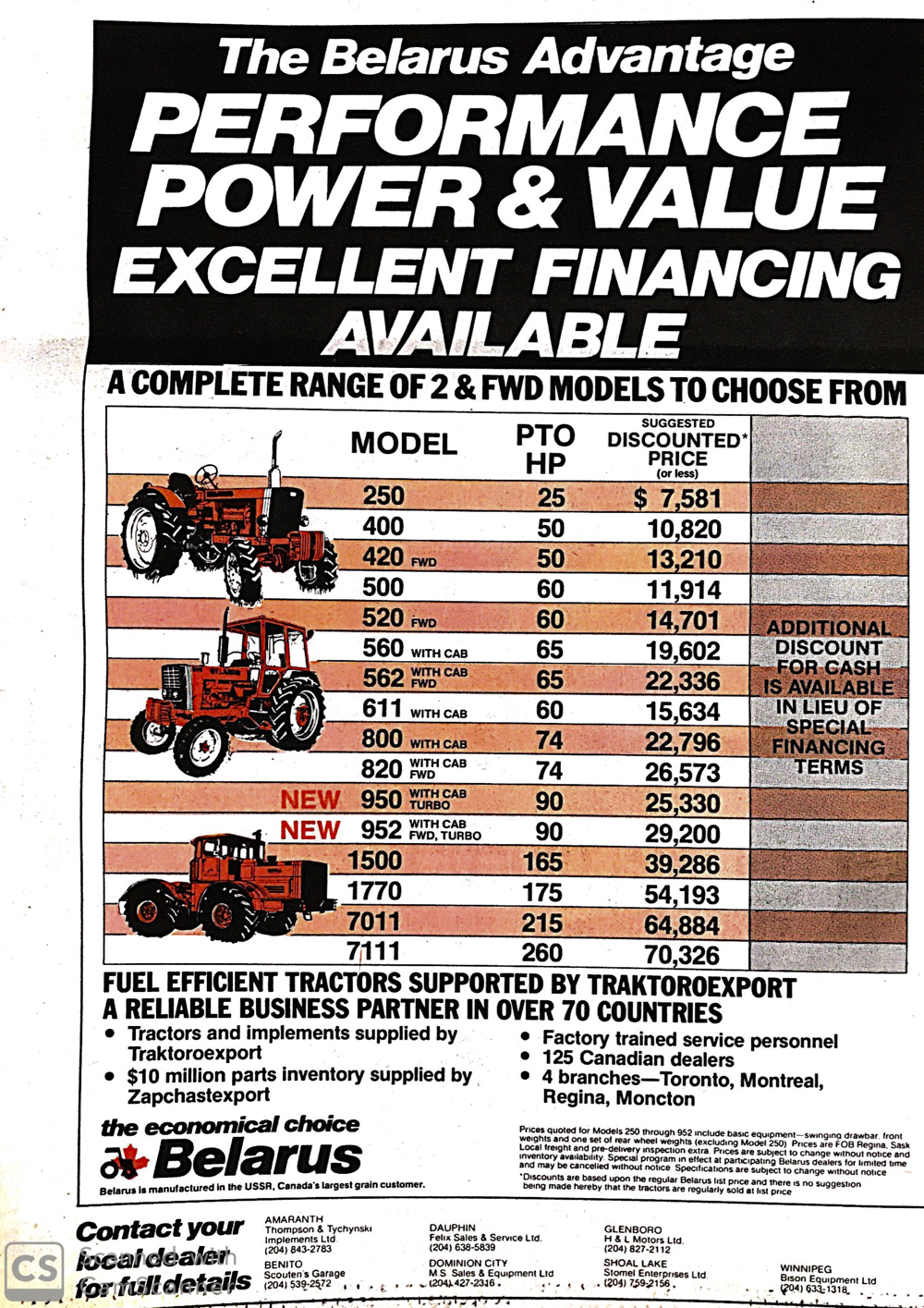Would anyone care if the local ag society ceased to exist?
In 2006 the Hanover Ag Society was asking that question. Their fair and organizational structure of the ag society was in disarray. They had $40,000 in bills to pay, plus taxes and insurance, no treasurer, secretary or president.
“And the coffee shop experts had us done and finished,” says Wayne LeMay, who assumed the head of what by then was a 61-year-old institution in the community of Grunthal.
But not everyone thought so.
Read Also

Giant Canada geese have gone wild in Manitoba
Giant Canada geese are seemingly everywhere and can be fine table fare for local hunters, but 70 years ago, they were borderline extinct.
At a community meeting to decide the organization’s fate, a local farmer urged them to keep going. “What he said was ‘you’re in a tough spot now, but it looks like you’ve got a plan. Keep going.’”
“That was like the wind in our sails,” Wayne LeMay told the Manitoba Association of Agricultural Socities’ conference in Brandon recently. He and his wife Connie, a director with the ag society spoke about the complete makeover of their fair that began from that night on. Since 2006 the fair has entirely reversed its fortunes, going from an event declining in attendance and revenue, to a popular and growing signature event for the region.
The LeMays didn’t bring a background in agriculture to their volunteer roles. Wayne is a self-employed building and renovation contractor, Connie a musician and stay-home mother of three. What they did have was a good sense of logistics and “what worked” at small-town fairs.
The couple has operated a small concessions trailer at events. In 2003 they ran a small side festival at the existing fair in Grunthal. But they also had ideas and a fresh perspective they wanted to offer. By 2006, when it looked like the fair had hit a wall, they eagerly stepped in. There were things the fair was trying to offer but simply couldn’t for lack of volunteers and resources, the pair said. A new board was formed. Thus began the process of deciding what they could offer and be really good at.
That turned out to be the rodeo, a mainstage of entertainment and fireworks. They also started what they now called their World Famous Chicken Barbecue. Things like the demolition derby, tractor pulls and horse show, which had been lagging in previous years, did not continue.
“We either dropped it or decided not to revive it yet,” said Wayne. “We established the motto ‘if you can’t do it well, don’t do it.’”
Over a period of five years a whole series of rebuilding and reorganizational changes were made. A name change from Grunthal Fair to the Hanover Agricultural Fair and Rodeo began to spur more regional ownership. The new board took control of revenue streams and expenditures. Staffing and scheduling and security issues were addressed. They reversed the direction of the parade for safety reasons.
They also looked for ways to value and directly reward volunteers. They created short volunteer job descriptions. They get people doing what it is they want to do and do best. And they offer incentives to volunteer like free T-shirts and passes to the fair.
Today people volunteer so they can secure free fair passes for the rest of their family, noted Wayne, “and they don’t leave frustrated. They’ve had a great time and they’re coming back next year. That’s the difference now.”
They also “made meetings matter” for directors by using time more effectively. “You don’t need to spend two hours in February deciding if the pony rides should be on the east side of the driveway or the west side of the driveway,” said Wayne.
In actuality, most of what their new board changed went unnoticed by the general public, he continues. Except that a lot more people have begun to say they feel the event has become better organized and they have more fun at it. And more volunteers want to be involved.
It’s the passion and love of what they’re doing that’s changed things, he said. “Passion drives your organization. Excitement is contagious.” For other agricultural societies with a fair they feel is lagging, the LeMays’ advice is think about what to let go of and what new things to try.
“Be what you can be and not what you used to be,” he said. “It means honest evaluation of your assets. This is about understanding your audience, figuring out who they are and what they actually want. People will think more highly of a small event done really well than a really big event done poorly.”



















